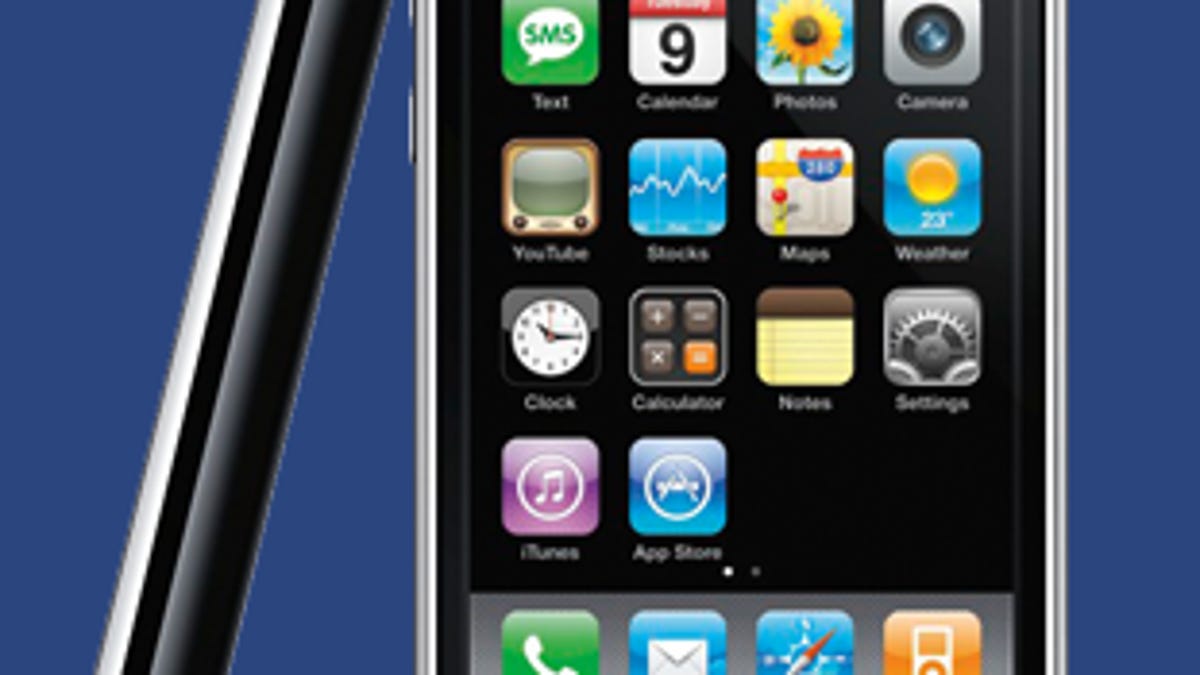U.K. demand for iPhone 3G halts O2 preorders
Potential iPhone 3G customers rushed to O2's Web site to place preorders for the new model after receiving text messages Monday morning, but overwhelmed the site, according to reports.

If the online demand for the iPhone 3G in the U.K. is any indication, Apple, O2, and U.S. carrier AT&T could be in for a long weekend.
O2, the U.K. carrier of the iPhone, had hoped to deflect some of the expected demand for Apple's new iPhone, scheduled to launch Friday, by taking preorders for the phone. It sent text messages to existing O2 customers Monday morning informing them of a chance to upgrade to the iPhone 3G. But that prompt overwhelmed O2's Web site Monday, forcing the carrier to halt the upgrade process just minutes after it began, according to a report in The Register. The carrier was likewise forced to pull a separate preordering system for new customers.
Potential iPhone 3G customers in the U.K. were apparently told that their new iPhones would be delivered by courier on Friday morning and activated at home, which is interesting given the strict in-store activation policy that seems to be in place for the U.S. launch on Friday morning. Each iPhone 3G transaction could take several minutes depending on whether the person is a new AT&T customer or an existing one, in comparison to last year's quick in-and-out process.
Even if it takes a while, however, strong demand in the U.K. is good for Apple, which did not see as much demand for the original iPhone in Europe as it did in the U.S. The lack of 3G networking and a GPS chip in the original iPhone were considered obstacles to European adoption, and those have been addressed with the second-generation model.